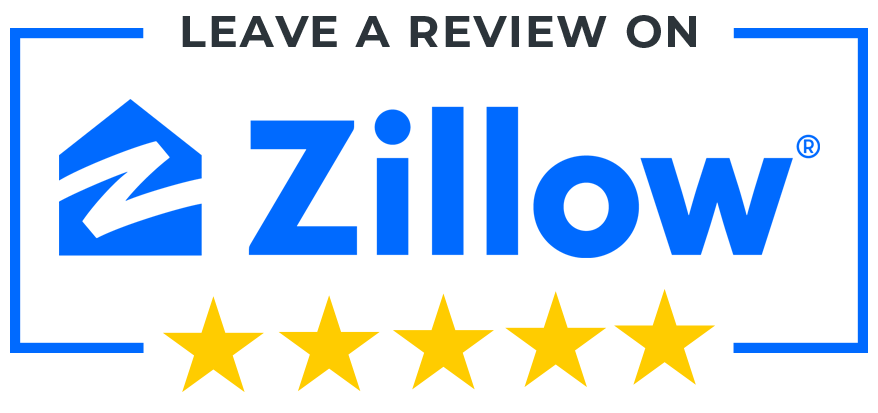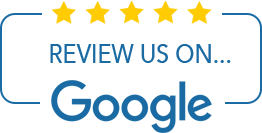A Look Into The Markets: May 2024
"The future belongs to those who believe in the beauty of their dreams." - Eleanor Roosevelt
The decision to purchase a home is a significant milestone for first-time and long-time homeowners. The choice between buying and renting a home can be a tough one. This issue will cover the following topics:
What to Watch - Housing demand has improved from last year despite higher rates and low housing supplies.
Housing - The Pros and Cons of Renting vs. Buying a Home
Home Improvement - DIY Home Improvement Projects That Add Value to Your Home
Q&A - How Much Money Do I Need for a Down Payment on a House?
Please feel free to forward this newsletter to friends, family or co-workers who may find it helpful.
What to Watch
Housing Demand is Making a Healthy Recovery
Bottom line: Whether you need to relocate, downsize, or upsize or get out from under-paying rent and want a little space you can call your own, there will always be the right place for those in the hunt to purchase the American Dream of homeownership.
Registered Mortgage Broker - NYS Department of Financial Services - All mortgage loans arranged with third party providers. | Licensed by the NJ Department of Banking and Insurance | Licensed by the FL Department of Financial Services, Licensed by Connecticut Department of Banking | All Loans Arranged through third Party Providers | NMLS Consumer Access: http://www.nmlsconsumeraccess.org) NMLS 876527
© Tabrasa, LLC. All rights reserved.


